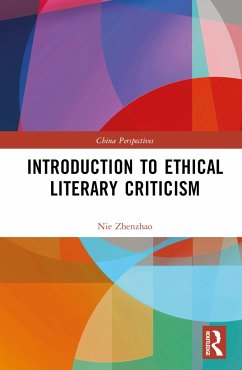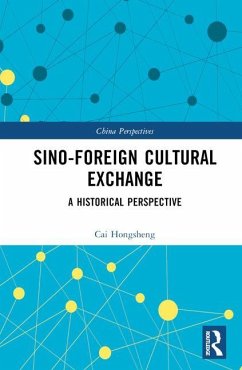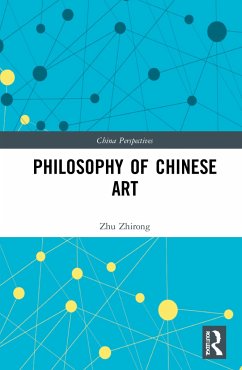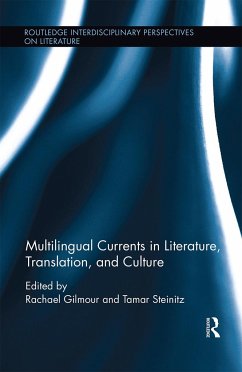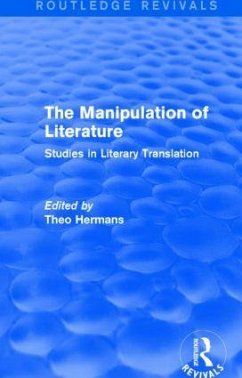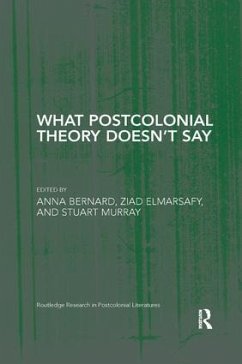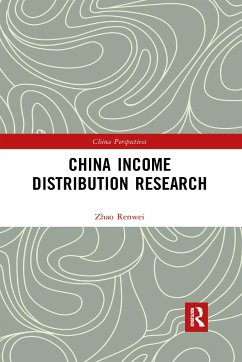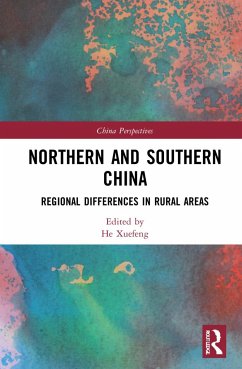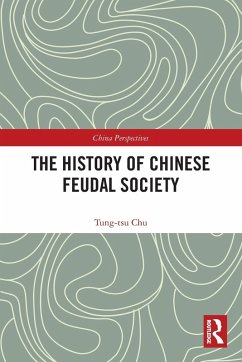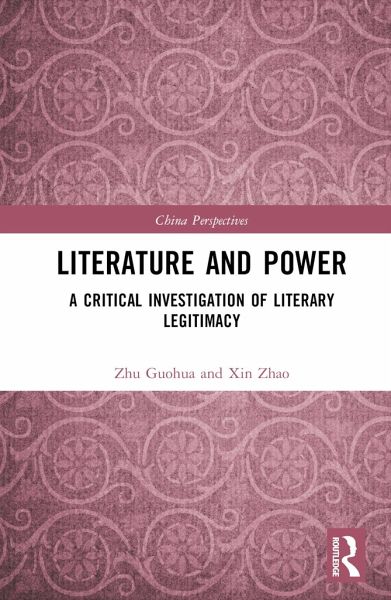
Literature and Power
A Critical Investigation of Literary Legitimacy
Versandkostenfrei!
Versandfertig in 6-10 Tagen
144,99 €
inkl. MwSt.
Weitere Ausgaben:

PAYBACK Punkte
72 °P sammeln!
With reference to the theoretical framework of Michel Foucault and Pierre Bourdieu, this book offers a critical investigation into such epic issues as the end of art and the inherent laws of literature's evolution, while conflating the two into one major argumentation.The book proceeds from Hegel's claim of "the end of art" to tackle the universal yet essential problem of literature: its legitimacy in a sociological sense. It invests Bourdieu's sociological terms - power, capital, habitus, field, and so forth-into the study of literature and art while taking on other theoretical enquiries, par...
With reference to the theoretical framework of Michel Foucault and Pierre Bourdieu, this book offers a critical investigation into such epic issues as the end of art and the inherent laws of literature's evolution, while conflating the two into one major argumentation.
The book proceeds from Hegel's claim of "the end of art" to tackle the universal yet essential problem of literature: its legitimacy in a sociological sense. It invests Bourdieu's sociological terms - power, capital, habitus, field, and so forth-into the study of literature and art while taking on other theoretical enquiries, particularly the Marxist exploration into ideology, as well as aspects of economics and communication studies.
This book will be a valuable resource for students and scholars of the sociology of literature, cultural studies, and those with specific interests in Chinese literature, literary and art theory.
The book proceeds from Hegel's claim of "the end of art" to tackle the universal yet essential problem of literature: its legitimacy in a sociological sense. It invests Bourdieu's sociological terms - power, capital, habitus, field, and so forth-into the study of literature and art while taking on other theoretical enquiries, particularly the Marxist exploration into ideology, as well as aspects of economics and communication studies.
This book will be a valuable resource for students and scholars of the sociology of literature, cultural studies, and those with specific interests in Chinese literature, literary and art theory.





